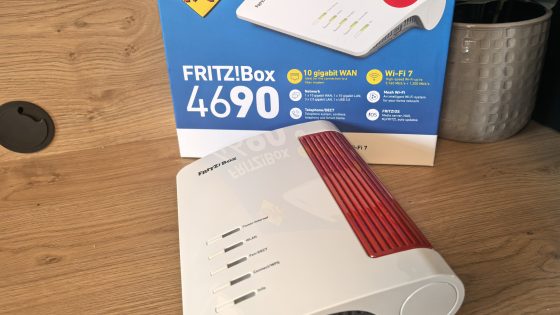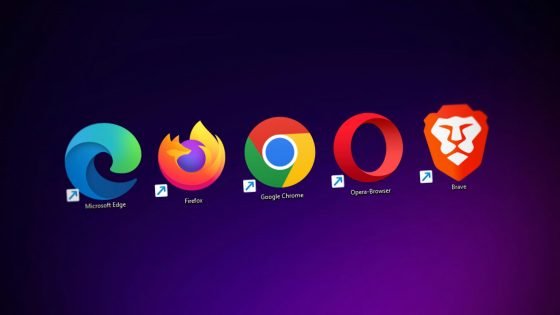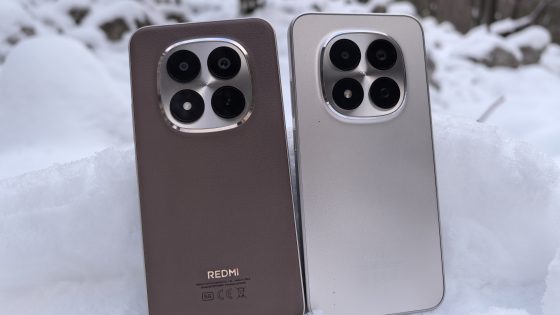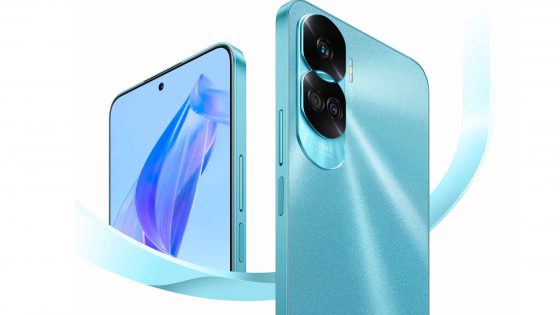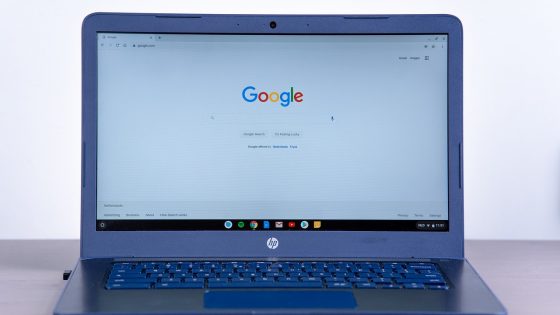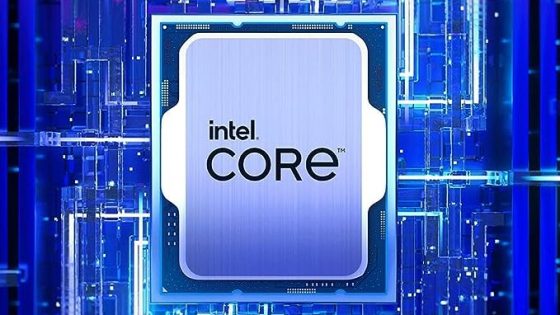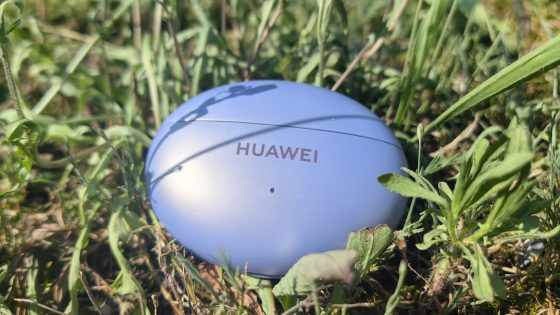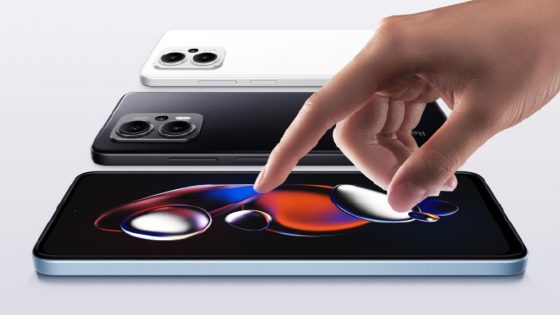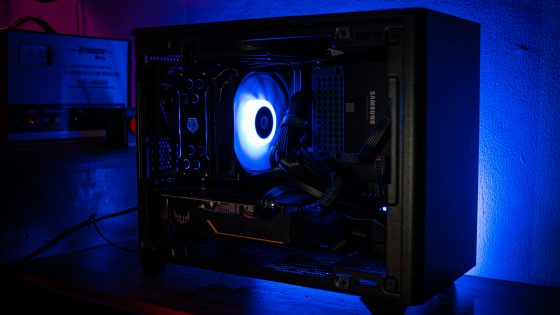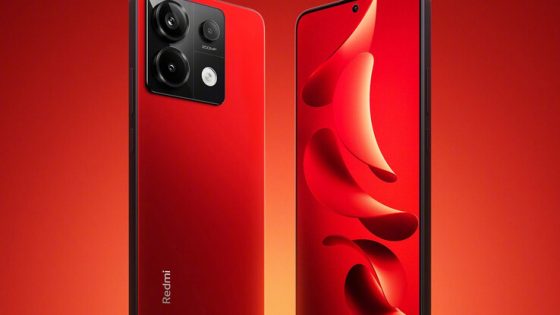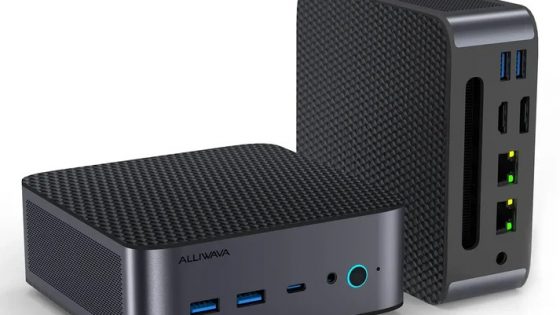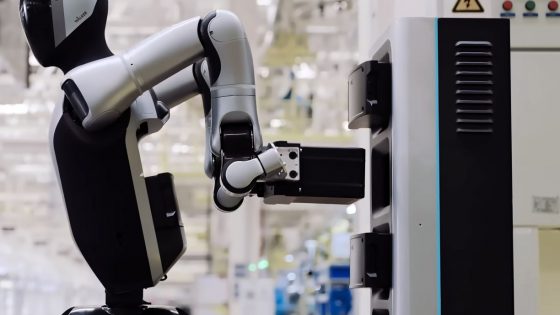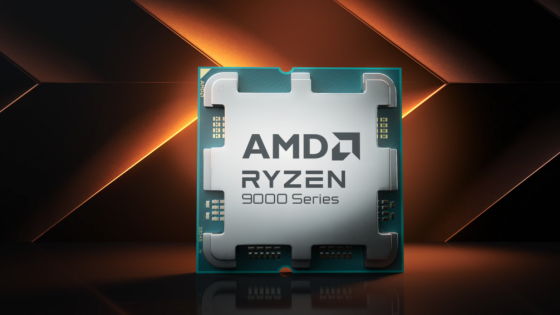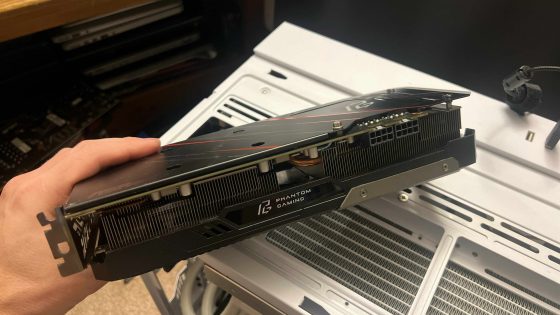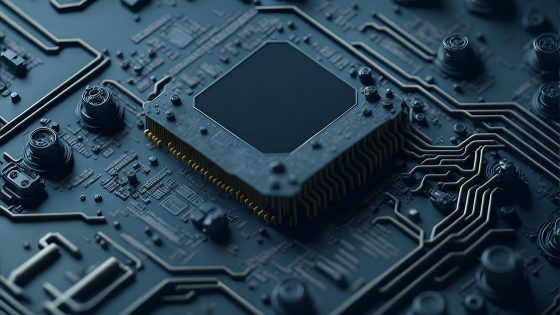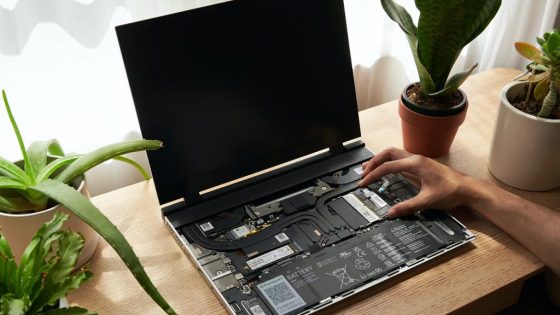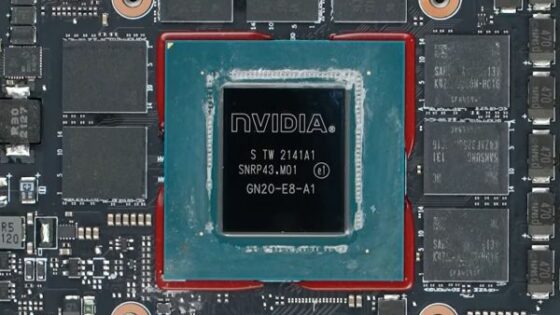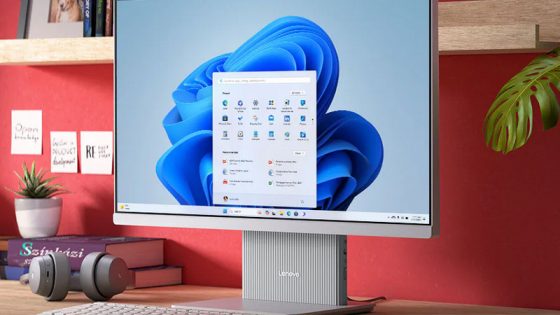What can we expect from phones in 2024?
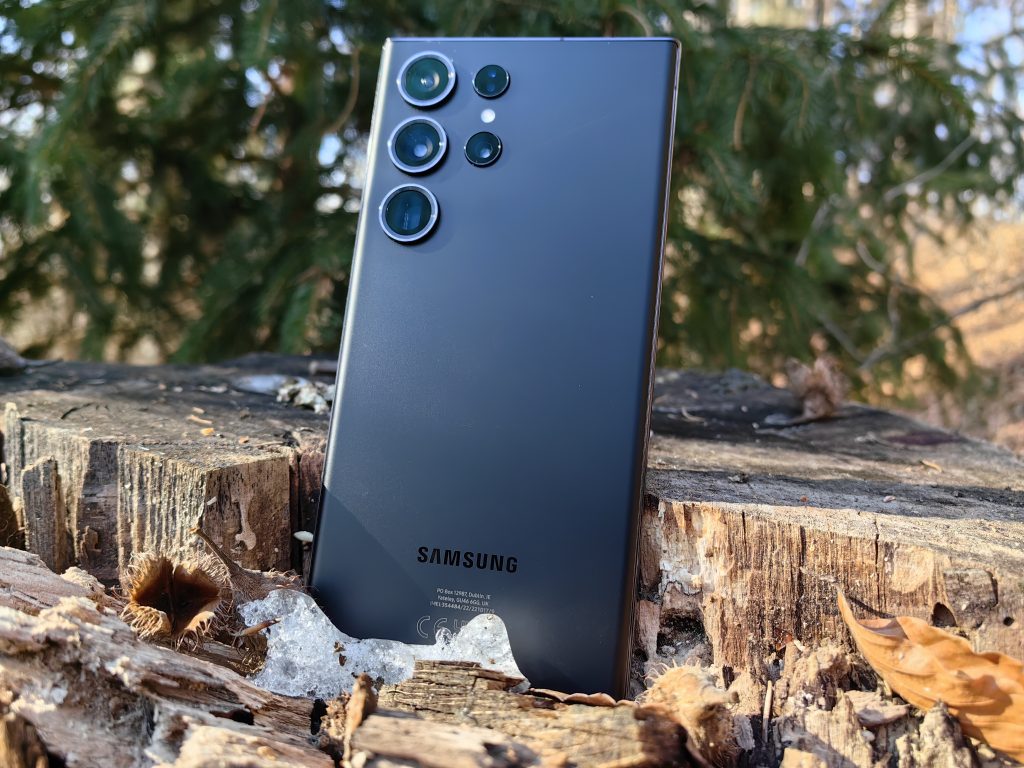
Smartphones still have a lot of unexplored potential. Who would have thought 10 years ago that we would have cameras in such small devices that can deliver professional photos. Or that in such a short period of time we will reach the capacity with which we can play genuine PC games on the phone and not just boring mobile games that are more marketing traps than actual games. Or that the right hands can even use them instead of a laptop for work. No one, but we still got to this point. What awaits them now? Where is their limit? What do I expect from smartphones in 2024?
Will mobile phone capacity continue to grow in 2024?
Without a doubt. In addition to cameras, the processor and graphics core are the components that are most exposed during generational upgrades each year. It is precisely for this reason that many have characterized the development of smartphones as boring and predictable. We all know what to expect and, with rare exceptions, there is no particular enthusiasm for the new components, although a 20-30 % jump in performance is not a cat's cough for manufacturers.
We are approaching, or have reached, performance that can in certain cases be compared with personal computers. It's hard to believe, but last year the iPhone 15 Pro Max was the first to run the AAA PC game Resident Evil. And not just run, the game played perfectly, with no noticeable stutters or graphical compromises. The phone got quite warm, the battery also drained quickly, but this enviable level of development was achieved. The feeling of playing is not the same as that on a computer, mainly because playing on less than 7 inches does not suit everyone. With the controller, the experience is much better, as the screen is free from our touches and thus more transparent. Again, not every user is ready to buy additional equipment.

When will Android phones achieve the same success? We hope that this year with the arrival of the new Snapdragon 8 Gen 3 and MediaTek 9300 processors, which, according to the first results, promise quite a jump in multi-core performance and especially graphics performance, where Android chips are even better than Apple's. This begs the question, why hasn't the Snapdragon 8 Gen 2 already managed to run similar PC games as Apple's A17 Pro? Graphically, it is powerful enough, the processor lags behind in single-core tasks by a good 10-15 percent, and in multi-core tasks it even has a smaller advantage compared to Apple's chip. There is also more than enough memory, up to 16 GB or even more.
The culprits for this are the game developers and secondly us, the consumers.
When mobile games were still in their infancy, we often got older PC games that were remade by developers for mobile phones, of course, in exchange for a few euros. Very soon, developers realized that they could make more money by making simpler games that would be played by more people, and put mechanisms into the games themselves that would make them earn over the years rather than just a one-time purchase of the game. This is how the mobile industry as we know it today gradually developed.
Although mobile phones have become powerful enough to run PC games, there is clearly a lack of motivation on the part of developers. The latter spend a huge amount of money on developing games for computers and consoles. They need a reason to do the same for mobile phones. They need to be sure that they will earn enough money from the game. For a similar reason, the market for VR games is not flourishing, but there is still a problem with the availability of VR glasses.
What about efficiency?
With each new generation, we wonder if the story of the Snapdragon 888 processor, considered one of the “hottest” processors in recent years, will be repeated. The latest Snapdragon and MediaTek processors promise a lot, but we are worried about reliability and efficiency. All the power in the world means nothing if the phone can only sustain it for a few minutes, and then there is a drastic drop, sometimes more than 40 %. We would like to see chip developers and phone manufacturers focus even more on efficiency and invest more in cooling systems that will help dissipate heat and maintain performance.
What will be the role of foldable phones in 2024?
Folding phones are becoming a category of their own, completely separate from classic phones. For some, they are still niche devices, although this year, in particular, we have been able to observe great progress, both in hardware and in terms of accessibility. We got some examples for around or even less than €1,000, which is much nicer than the €2,000 we had to pay in the past.
The price is going down, great. What about other user reservations? Endurance? Software problems? This year's generations of foldable phones can boast that they have passed demanding durability tests. The manufacturers boasted very encouraging numbers, for example, the Honor Magic V2 can withstand more than 400,000 bends, which is about 10 years of moderate use. That's the number for the folding mechanism, but what about the screens themselves? Here too, manufacturers are making good progress, although we still too often come across testimonials from users who were forced to change the screen early in the life cycle.
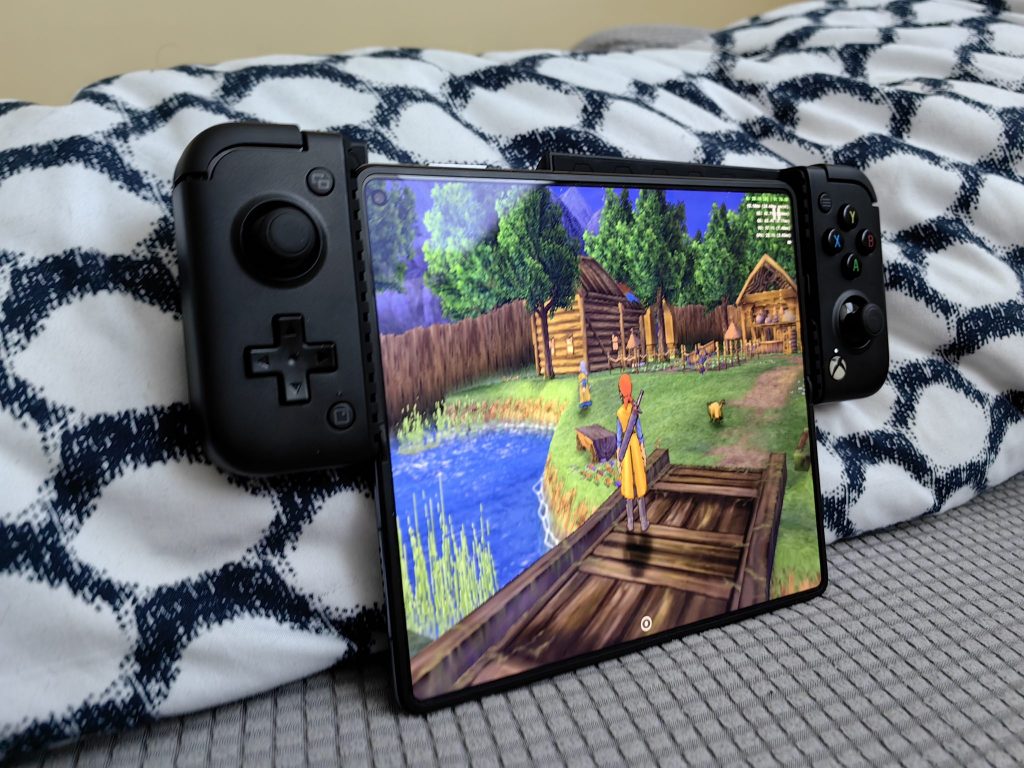
The software side is a completely different story and the area where manufacturers still have the most room for improvement. The latest foldable phone from OnePlus has made the most progress here and we expect all the major players (Oppo, Samsung, Xiaomi, Honor…) to follow their lead and adapt the usage more to the foldable screen this year.
We also hope that the competition will become even tougher. Two years ago, the foldable category could have been called Samsung foldable phones. In 2024, Samsung has a lot of competition. Now we just hope that all these competing phones will also come to Slovenia, just as Honor has already promised for this year.
We cannot escape artificial intelligence
I'm sure you're tired of these words, but artificial intelligence is everywhere. Manufacturers and developers like to insert it (sometimes even too much) next to every technology, although often it is not even artificial intelligence, as we have been able to see it in the last year, but more just slightly more advanced algorithms. We can see the word AI in phones for a long time, especially in cameras, some even have this inscription next to the physical lenses. There, “AI” helps balance photos/videos, corrects noise, artificially enhances light, and the like.
This year, we can expect AI to be present at every step of the phone. In the past year, we have used AI through third-party tools, and in 2024 and beyond, we can expect artificial intelligence to be part of the system by default.
In October, Google offered its users quite a few AI features. Best Take allows us to create a group picture as we wish. Love the background exposure in one photo, but aren't happy with your facial expression? The Best Take function searches through the gallery and suggests other expressions for you, and then replaces it automatically.
The Magic Editor is an even more useful feature. Objects or subjects in the picture can be easily marked, moved, enlarged, reduced, etc. With the tools we can improve the brightness, saturation of the background and more. Zoom Enhance uses generative artificial intelligence to intelligently fill in the gaps between pixels. You can zoom in on an existing photo and the feature will automatically enhance the photo and fill in any mistakes.
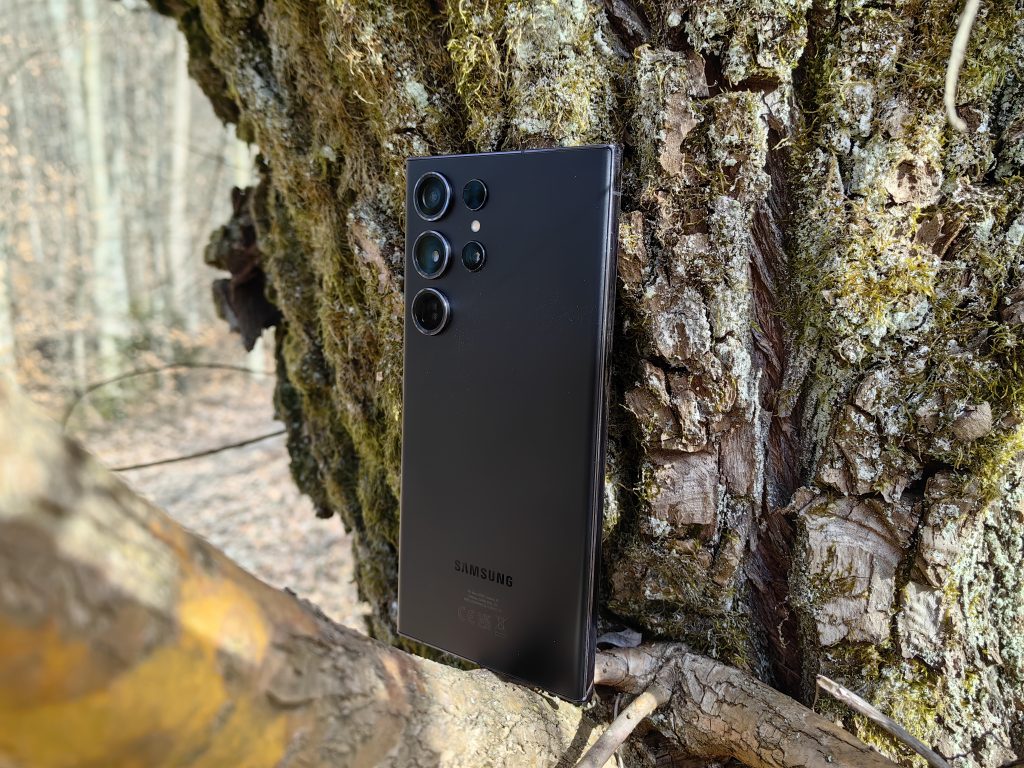
Samsung Galaxy AI
What Google knows, Samsung also knows. Samsung will prepare quite a few AI features for the upcoming Galaxy S24 phones. During the call, the phone will become a simultaneous translator. If you're going to talk to someone in English or other languages you're not comfortable with, you'll be able to see a translation on the screen in a language you've at least partially mastered so far. It is not yet known whether Slovenian will be among the supported languages. In any case, we would like Samsung to keep updating the language database and also improve its (as of now unknown) language model.
Samsung generative artificial intelligence can also be used in messages and in the creation of documents, where we can use it to improve the text, correct errors, suggest better answers and compositions, and practically everything we are used to from ChatGPT and similar models.
We will also be able to help with photos with generative AI. With the "lasso" tool, we will be able to easily mark an object in the photo and move it as we wish, while the AI will fill the empty space we left behind. We will also be able to easily remove reflections, for example when we take photos through an airplane window, our reflection is often visible in the window. Samsung Galaxy S24 phones will be able to remove this with the click of a button.
With a long press on the Home button (the middle virtual button on the chin of the phone) we will activate a special mode in which we can circle anything on the screen and search for it on the Internet with artificial intelligence. For example, you'll notice a landmark in a YouTube video that you're not sure of its origin. With Samsung Galaxy AI, you can mark it and at the same moment the phone will suggest the most accurate answer, similar to what we can already do with Google Lens, but without the help of the camera.
While manufacturers fight the battle of who has the most powerful phone, the best photographer, from now on they will be chasing the title of the phone with the best AI functions. How AI will improve (perhaps even worsen) our daily use, we will see in the course of the year. For more information on Galaxy AI and the new Samsung Galaxy S24 phones, click here.



